critical cartography and the digital library
Andrzej Rutkowski
Visualization Librarian
University of Southern California
@andy_rutkowski

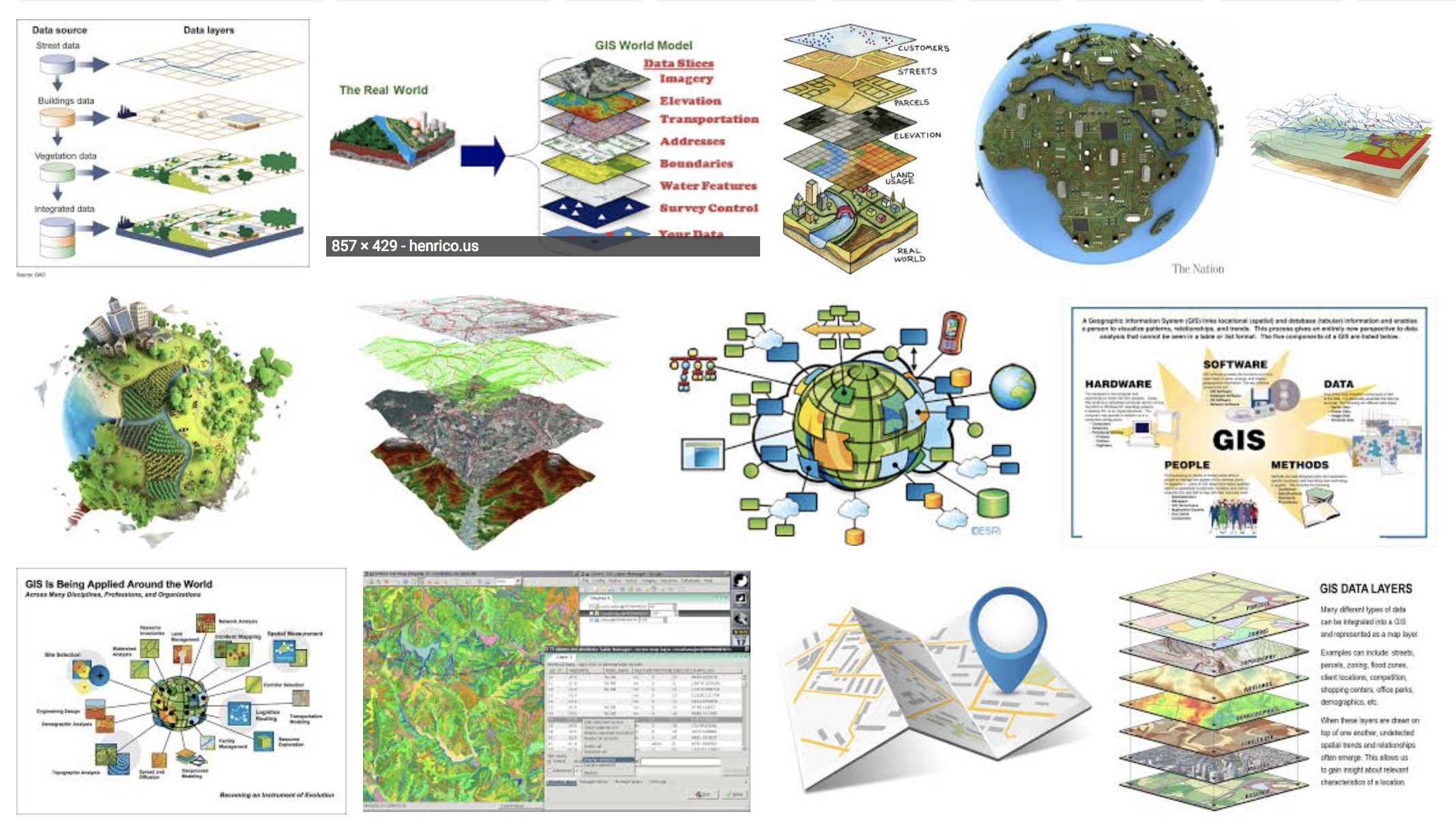
google image search results for "gis" 10/22/2017
place
context
who I think about when I think about critical cartography
Bunge et al
Fitzgerald:
Geography of a Revolution
1971
Google Books - https://books.google.com/books?id=WvK1sfuAVwcC
Project Muse - https://muse.jhu.edu/book/11514
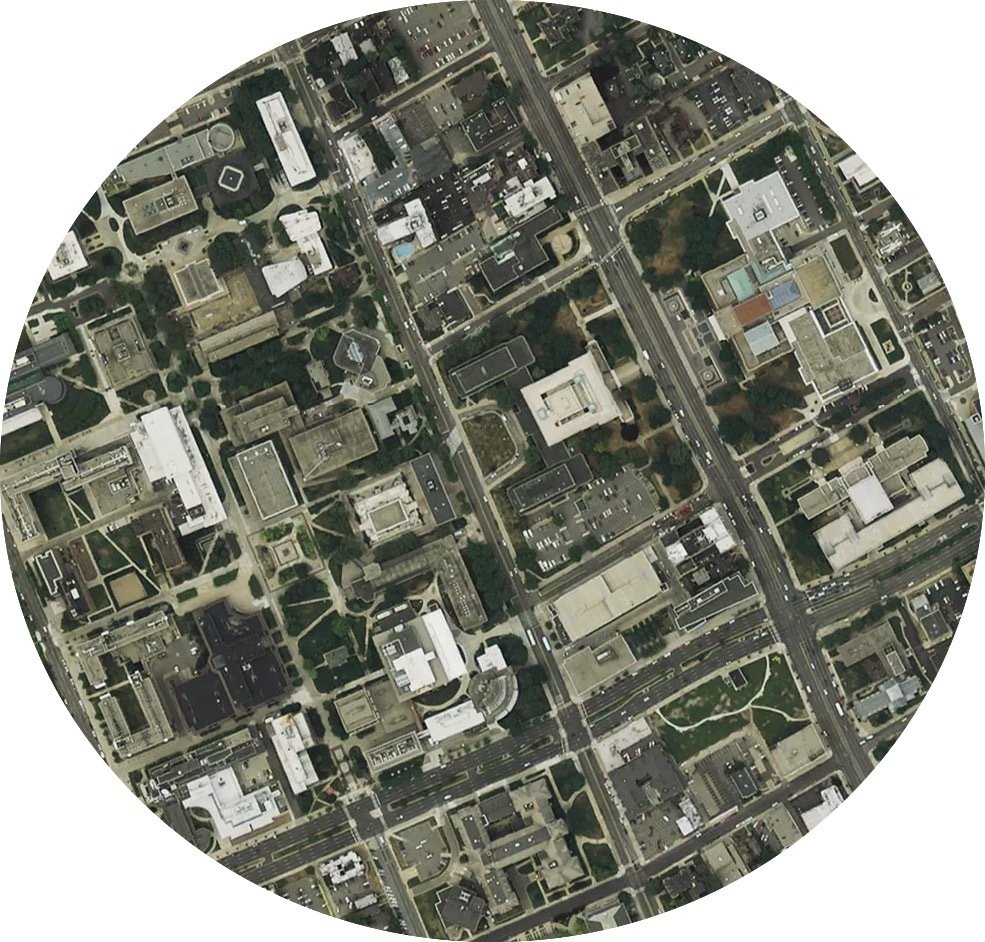
William Bunge
Wayne State University 1960s
Left for Canada in the 70's because of political activism and then taught at
Western Ontario and York University.
"impossible to understand the neighborhood without being a neighbor"
(or get to know your data!)
Crampton and Krygier
An Introduction to
Critical Cartography
ACME: An International E-Journal for Critical Geographies
Volume 4, Number 3, 2006
https://www.acme-journal.org/index.php/acme/article/view/723


John Krygier
Professor of Geology and Geography and the Director of Environmental Studies at Ohio Wesleyan University
Jeremy Crampton
Professor of Geography and Director of the Committee on Social Theory at the University of Kentucky.
"theoretical enquiry which seeks to examine the social relevance of mapping, its ethics and power relations"
"development of open-source and pervasive mapping capabilities"
Safiya Noble
GIS: Commercialization of Public Information
Human Geography
Volume 4, Number 3, 2011
https://hugeog.com/v4n3-gis-commercialization-public-information/
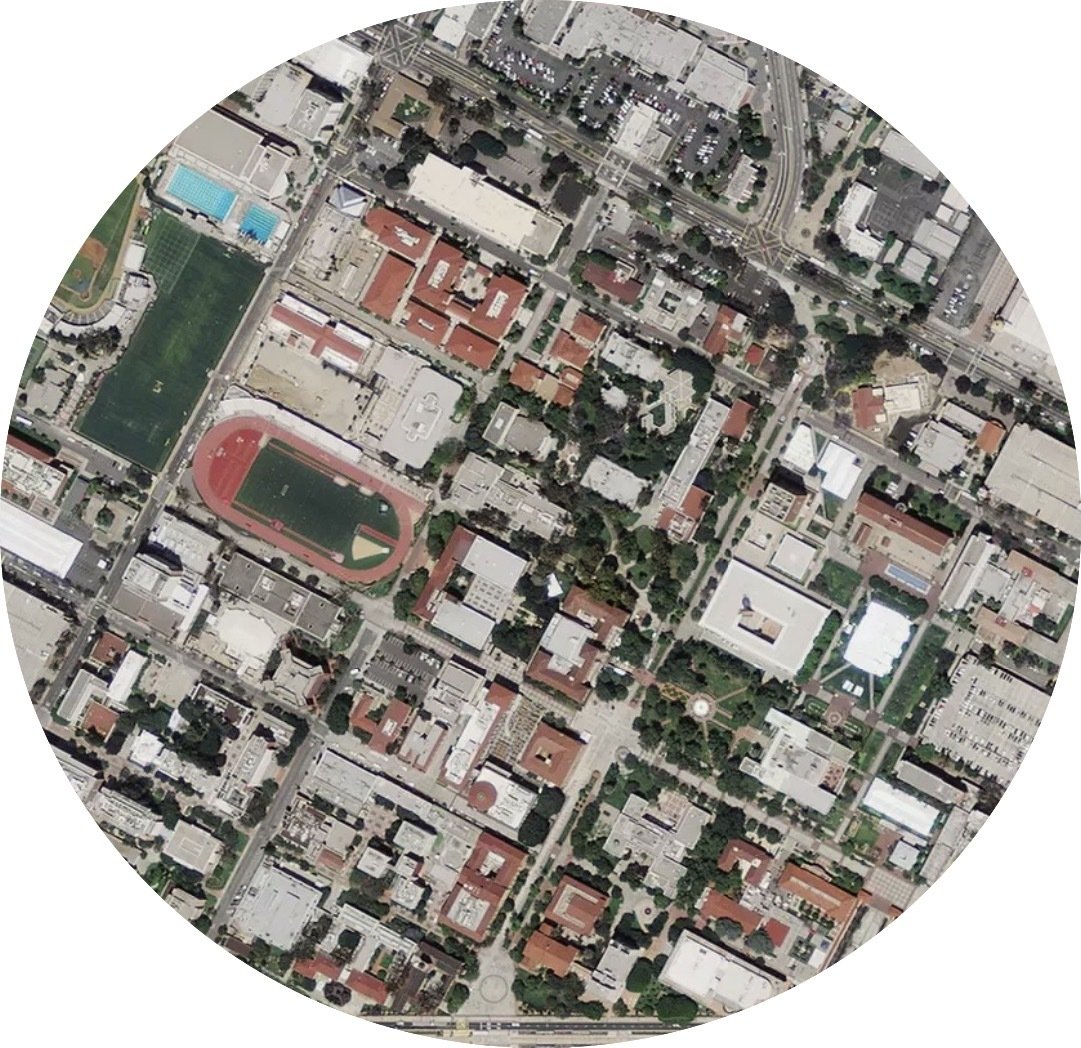
Safiya Noble
Professor at USC's Annenberg School for Communication and Journalism
GIS is both a resource and a commodity
"Resources are increasingly enclosing the public the public domain of information resource and moving into the hands of a few companies who buy and sell GIS data for significant private profit."
GIS, participatory data creation, and its privatization
"the public is contributing resources and labor to the accumulation strategies of the largest GIS companies by allowing the move of public assets to private companies. This is also happening through the utilization of free and nearly free mapping tools that allow large companies to datamine and sell intelligence about web-based activities, often without the knowledge of users."
Nazgol Bagheri
What qualitative GIS maps tell and don't tell: insights from mapping women in Tehran's public spaces
Journal of Cultural Geography
Volume 31, Issue 2, 2014
http://dx.doi.org/10.1080/08873631.2014.906848
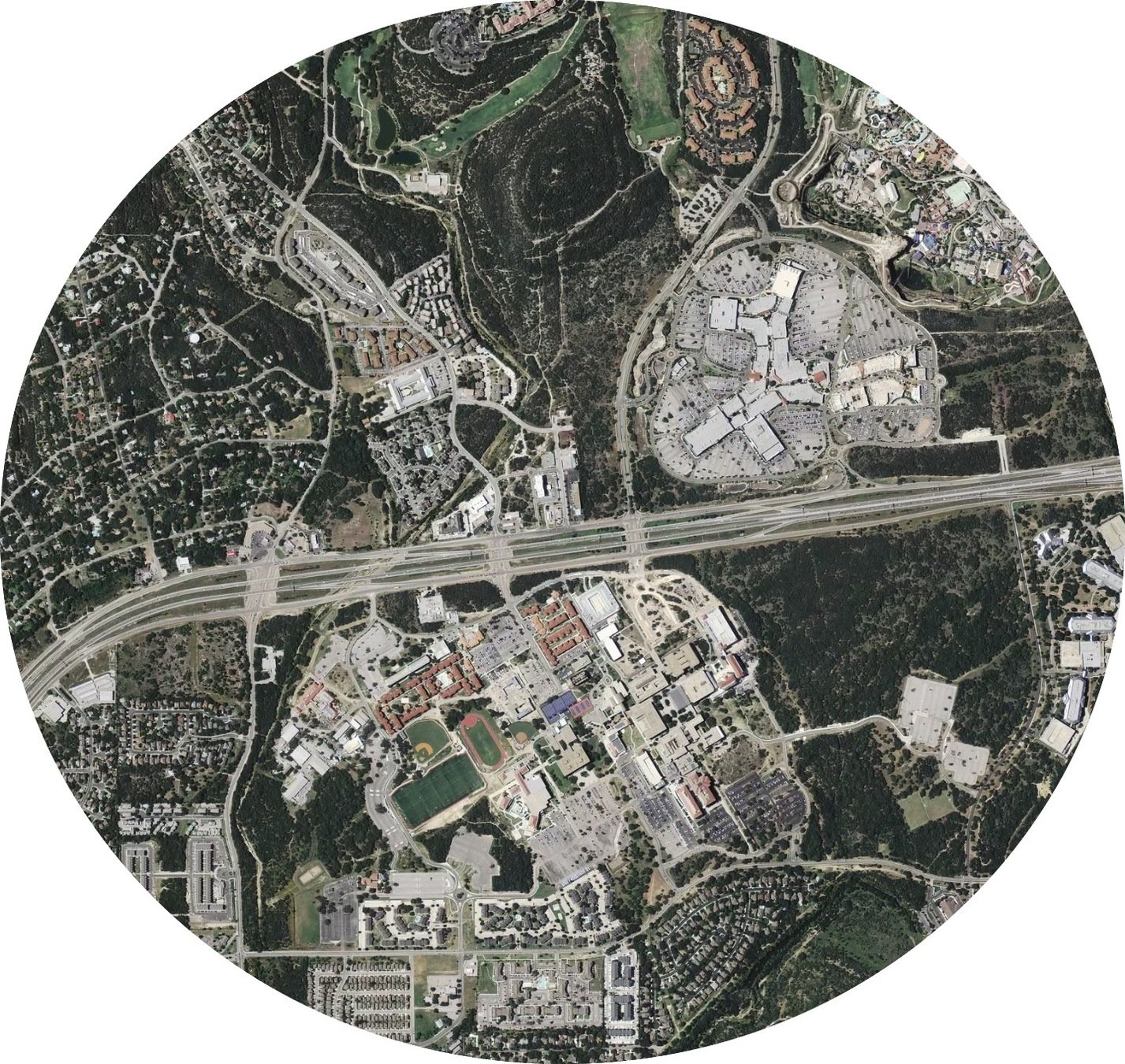
Nazgol Bagheri
Assistant Professor of Political Science and Geography at the University of Texas at San Antonio
"QGIS application allows geographers, particularly cultural geographers who often deal with the symbolic and ethno-cultural meanings people attach to places, to possibly see more, but not necessarily “all.”"
Collections as Data
Statement
and
Resources
https://collectionsasdata.github.io/statement/
https://collectionsasdata.github.io/resources/
Thomas Padilla
Visiting Digital Research Services Librarian at the University Libraries at the University of Nevada Las Vegas Libraries
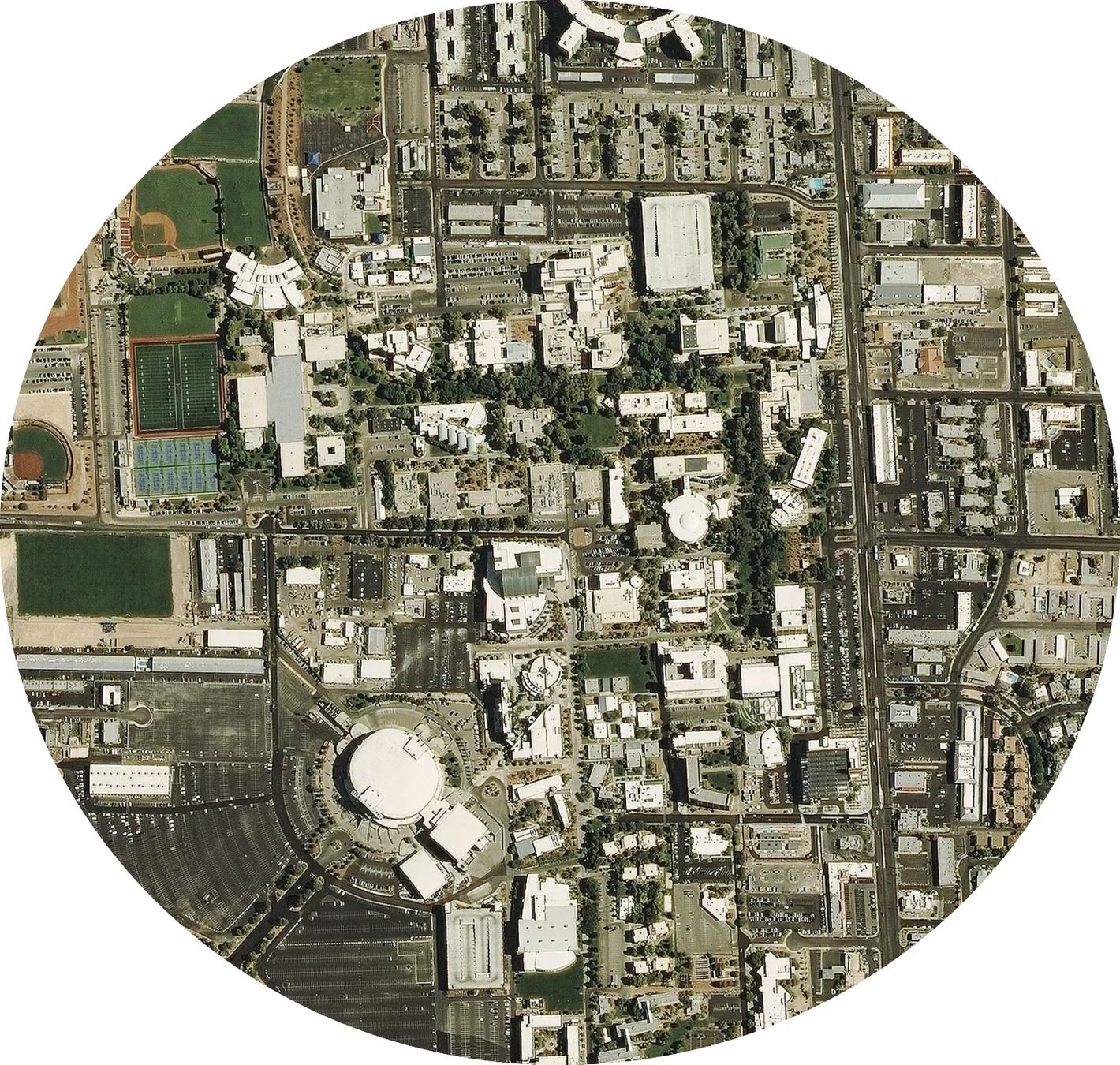
"Collections as data stewards aim to lower barriers to use."
"Ethical commitments guide collections as data development."
proximity and in-depth knowledge of data helps to create a space for critical cartography
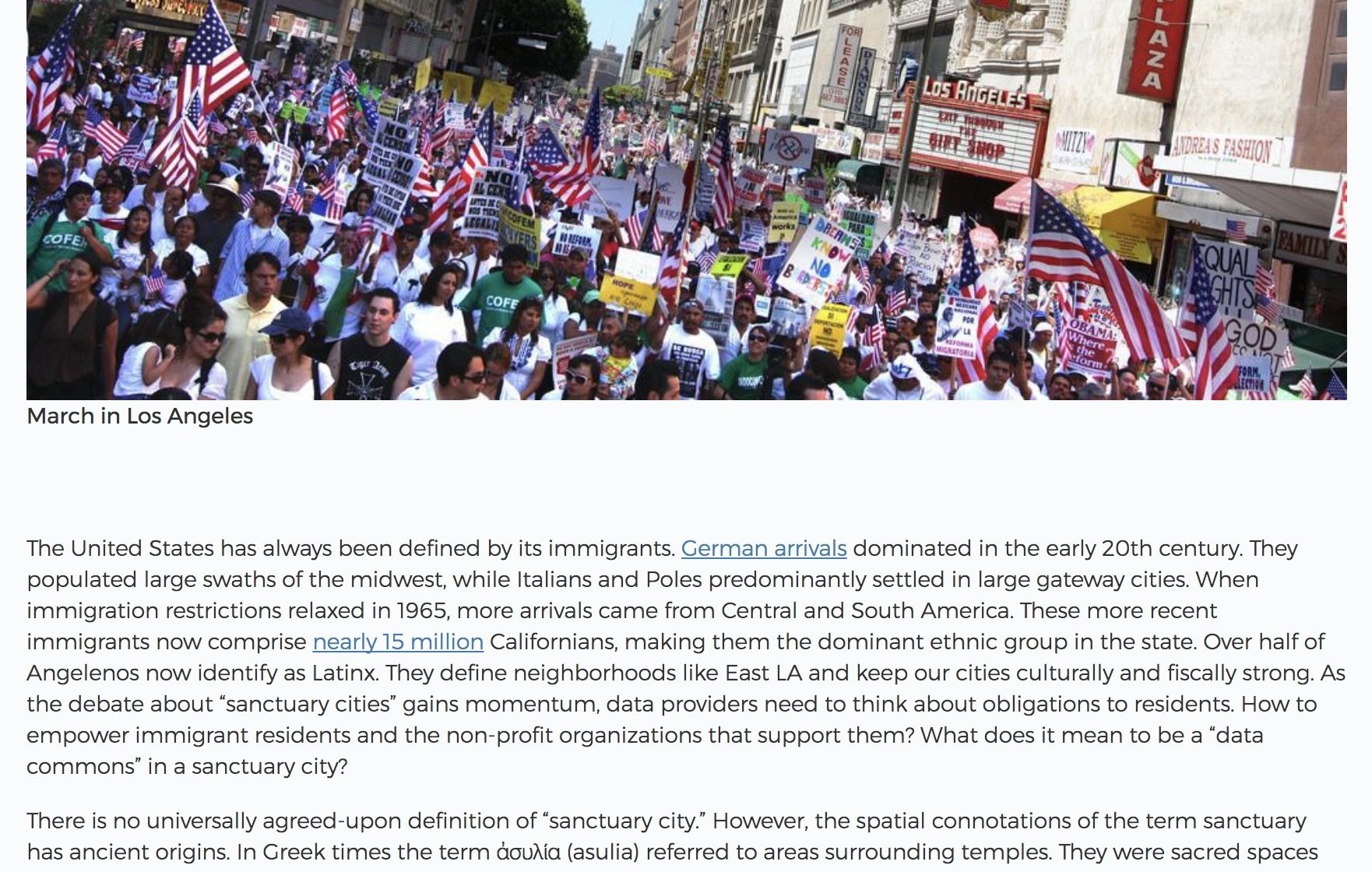
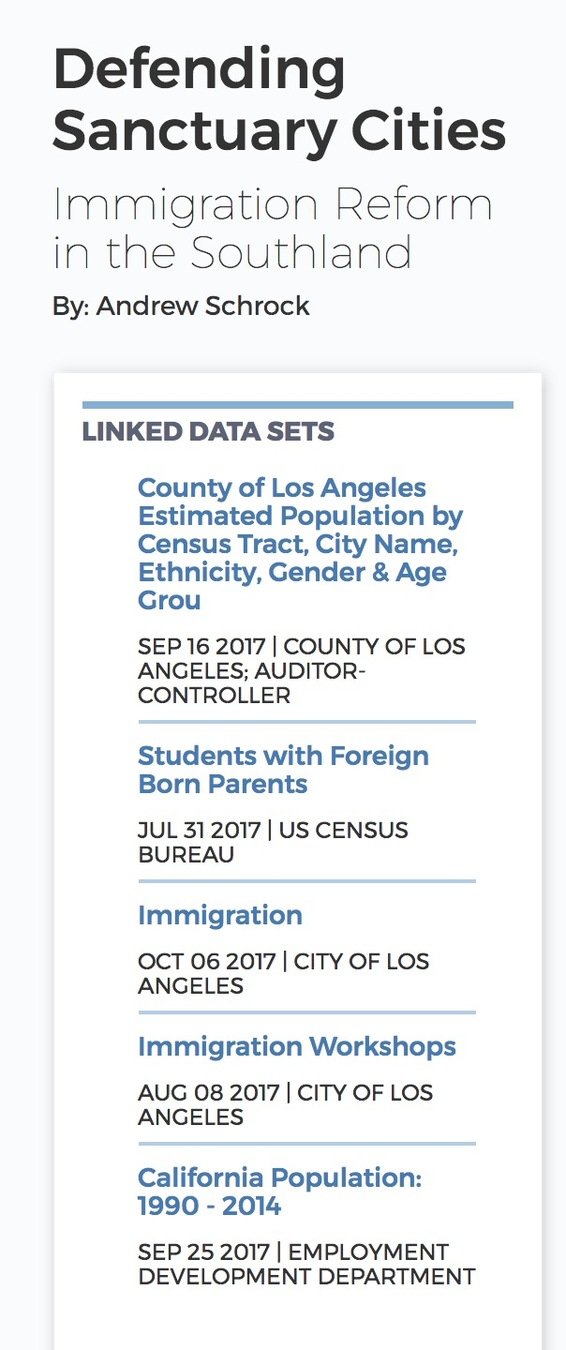

Thank you
@andy_rutkowski
